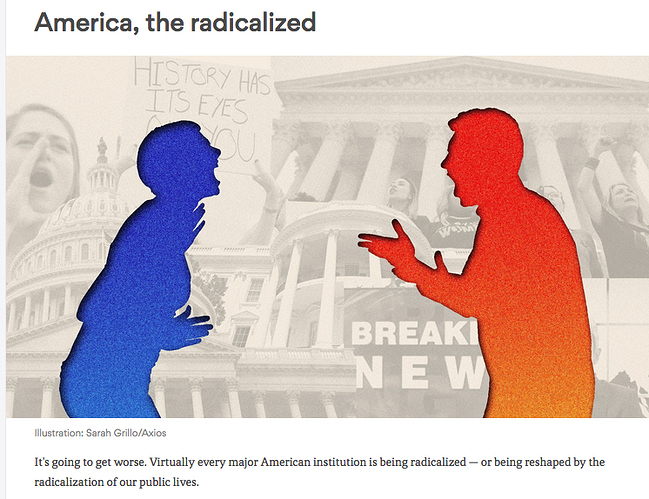Making projections via polls who may or may not be leading in the various Senate/House and Gubernatorial races from a NYT’s poll.
You of course have to consider if trolls are involved in any of these numbers…but perhaps these numbers do reflect some trends.
Check out the charts…see if these ring true.
Who’s Winning the Social Media Midterms?
By KEVIN ROOSE and KEITH COLLINS OCT. 18, 2018
After President Trump’s popularity on social media helped propel him to an upset victory in 2016, Democrats vowed to catch up.
Two years later, their efforts appear to be paying off.
A New York Times analysis of data from the Facebook and Instagram accounts of hundreds of candidates in next month’s midterm elections reveals that Democrats — and especially Democrats running for House seats — enjoy a sizable national lead in engagement on the two influential platforms.
But the analysis of the engagement data, which includes all non-advertising content, also shows that Republicans in many closely contested races for Senate and governor are faring better on Facebook than their Democratic challengers.
The data, collected from more than 53,000 posts by more than 1,100 accounts, reflects a month’s worth of social media activity by nearly all of the Republican and Democratic candidates running for House, Senate or governor this year. The data, which covers 30 days ending Oct. 15, was gathered using a Facebook-owned tool called CrowdTangle. The tool counts the number of times users comment on, react to or share a user’s posts, a measure of popularity known as “total interactions.”
…
The National Story: A Democratic Boom
At the national level, Democrats on Facebook and Instagram appear to be winning the battle for social media supremacy in a landslide.
The Democrats’ Superstar Problem
Democrats’ national success on social media may not translate to the “blue wave” many liberals are hoping for in November.
That’s because much of the left’s firepower is concentrated among a few of its high-profile candidates — namely, Senators Bernie Sanders of Vermont, Elizabeth Warren of Massachusetts, and the Texas Senate candidate Beto O’Rourke, who has more than 600,000 followers on Facebook and Twitter and more than 250,000 on Instagram.
…
** In Close Races, Some Republicans**
Are Surging on Facebook
Of course, not all midterm races matter equally.
The social media activity in races rated as toss-ups by the Cook Political Report, an independent election analyst, mirrors many recent polls, which show a slight edge for Republicans in the Senate and an edge for Democrats in the House.
In five of the nine toss-up Senate races, Republicans received more interactions on Facebook than Democrats.
What’s a “Like” Worth?
Political strategists disagree about the importance of social media popularity. Some think it amounts to a kind of real-time voter sentiment index, while others play it down as, at most, one piece of a successful campaign.
“Retweets don’t vote,” Mr. Strauss of Swing Left said. “All of this social engagement is really just a proxy for the results that matter, which is what happens at the polls on Nov. 6.”
For Republicans who are worried about a wave of progressive enthusiasm sweeping Democrats to victory, though, the data from swing district social media accounts may be comforting.
“The Democrats are constantly saying, ‘Oh, there’s this huge sea of angry Democratic voters and they’re ready to erupt,’” said Rory McShane, a Republican digital strategist. “There’s just as much, if not more, enthusiasm on the Republican side, and that’s seen by how much these people are doing online.”

